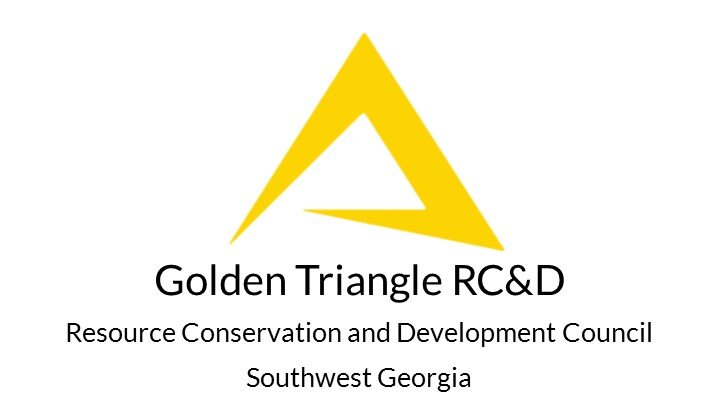Golden Triangle RC&D and NRCS have a common purpose of helping to bring about the conservation and sustainable use of land, water, wildlife, and related resources.
In 2019, Golden Triangle signed a second contract with NRCS to provide technical expertise to landowners in Southwest Georgia for the development of Conservation Plans. Golden Triangle RC&D visits landowners identified by NRCS, completes conservation plans, and enters the plans into the NRCS database. Golden Triangle promotes the importance of conservation planning and encourages landowners to contact NRCS through our normal activities and speaking opportunities.
All assistance provided by Golden Triangle RC&D meet USDA NRCS standards and specifications as set forth in the Field Office Technical Guide.
A conservation plan is a tool designed to help you better manage the natural resources on your farm. Through a cooperative agreement with NRCS, Golden Triangle visits with landowners identified by NRCS to help evaluate their property and their resource concerns. The alternatives the landowner decides to use are recorded in a conservation plan which includes a schedule for installation. Implementing the conservation plan helps the landowner protect the environment on and off their farm.
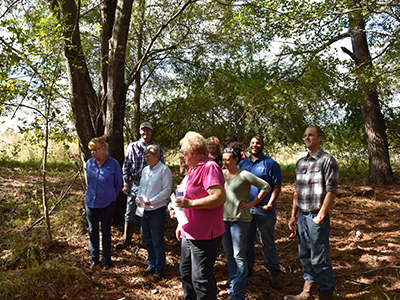
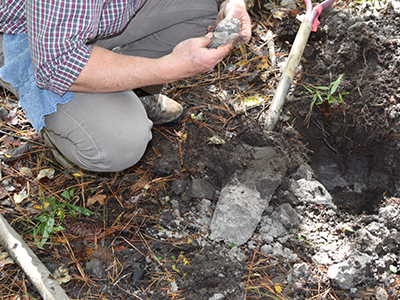
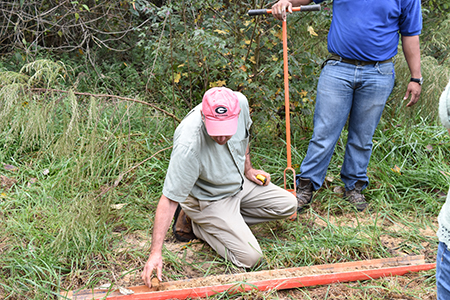
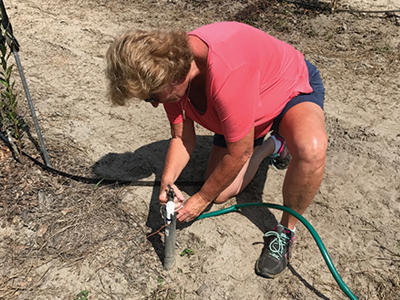
A Conservation Plan includes...
Aerial photo or diagram of the fields
A list of the farmer’s management decisions
The location of and schedule for applying new conservation practices
A soil map and soil descriptions; information sheets explaining how to carry out
The farmer’s specific management decisions
A plan for operation and maintenance of practices, if needed
Benefits of a Conservation Plan...
Protection of the soil and the farm’s productivity
Helping improve quality of the water in the area
Improve the soil’s fertility and management of soil moisture
Possible attraction of desirable wildlife by creating nesting sites and winter cover
Protection of the productive value of the land for future generations
Makes for more readily complying with environmental regulatory requirements
Possible eligibility for USDA farm programs.
